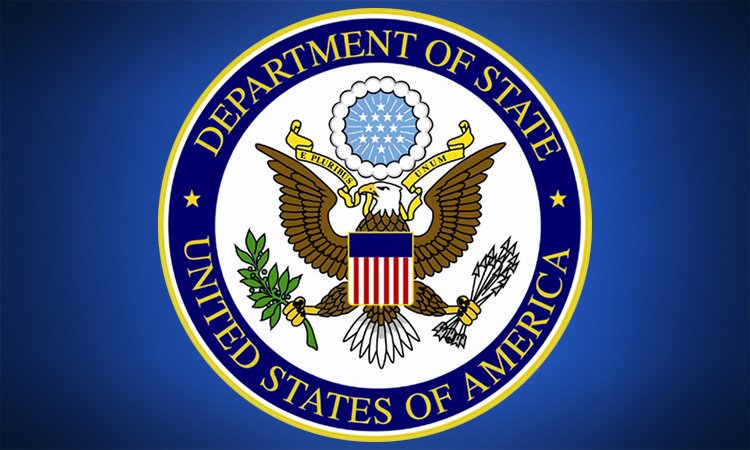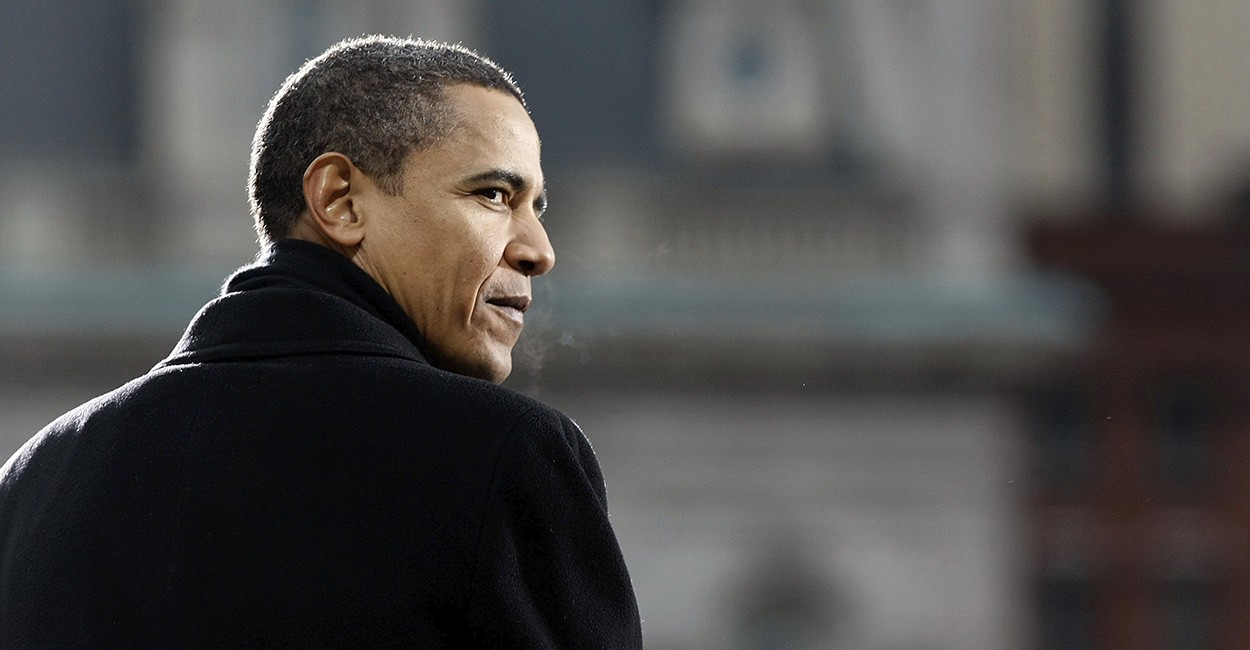By: Chris Neill
After raising more than $715 million for re-election last year, President Obama’s campaign machinery isn’t ready to stop just yet. The group known as Obama for America that once rallied donors and supporters during the two presidential races has now regrouped under the same acronym, this time calling themselves Organizing for Action. Under the leadership of Jim Messina and other former high-ranking campaign officials, the new OFA seeks to bring together top Democratic donors for the purpose of promoting President Obama’s policy agenda.
The group drew heavy criticism early on from campaign finance reform advocates. The criticism was especially biting because such advocates had long viewed Pres. Obama as a champion of those very reforms. He has notably been very vocal with his criticisms of the 2010 U.S. Supreme Court case Citizen’s United v. Federal Election Commission, which expanded Constitutional protection of political spending by reasoning of the First Amendment. President Obama said he couldn’t “think of anything more devastating to the public interest” than the easing of campaign contribution limits enabled by the ruling. In his 2010 State of the Union Address, he said the Supreme Court “open[ed] the floodgates for special interests — including foreign corporations — to spend without limit in our elections” and that he disagreed with the idea that “American elections should be bankrolled by America’s most powerful interests, or worse, by foreign entities.” All this rhetoric led campaign finance reform advocates to feel understandably disappointed with early plans for OFA.
One of the most contentious plans for the group is the $500,000 target level for bundlers and top donors, which grants one access to quarterly board meetings attended by the President himself. The President is also rumored to attend a $50,000-a-person summit in Washington led by Messina and strategist Jon Carson. How does this comport with the President’s rhetoric about special interests? Surely the summits and board meetings are nothing if not open invitations to donations from special interests seeking to advance agendas of theirown.
To counter this notion, Messina claimed in a CNN op-ed piece that the group would not accept contributions from corporations, federal lobbyists or foreign nations. He explained that no matter what your role with OFA is, “we can’t and we won’t guarantee access to any government officials.” Messina said that while the President and his administration would periodically provide updates to members of OFA, these would certainly not be opportunities to lobby. Furthermore, the group and its leaders have expressed their commitment to transparency. OFA is organized under Section 501(c)(4) of the tax code, meaning it is designated as a “social welfare group,” dedicated to “advancing broad community interests.” While such a designation does not require the group to disclose information about donors, Messina stated that every donor who gives more than $250 will in fact be disclosed by the organization on a quarterly basis.
In his op-ed, Messina justified the group by emphasizing its role in leveling the playing field against the special interest “stranglehold” over policymaking. He argued that the group will serve to fight back against well-funded and well-connected lobbying groups that are using everything in their power to fight the President’s agenda. That very well may be a noble cause, but the OFA leadership must be incredibly careful to stick to that ideal while not resorting to questionable fundraising practices similar to the very ones President Obama himself has criticized.
Fred Wertheimer, president of the nonprofit, responsible government advocacy group Democracy 21, denounced the group in its current form, saying it will not be valid until Messina and Carson “publicly and unequivocally state that there have been no discussions with or representations made to potential donors and bundlers about receiving meetings with President Obama in return for making donations to or fundraising for Organizing for Action.” The New York Times editorial board cautioned that unless the group puts caps on donations from corporations and individuals alike as well as maintain a high degree of transparency, “it will be playing the same sleazy game that its opponents do, made even worse by the assent of the president.”
The President and his staff may have the foundation for a legitimate means to counter special interests opposing his agenda, but they must take great strides to ensure those means remain legitimate.

